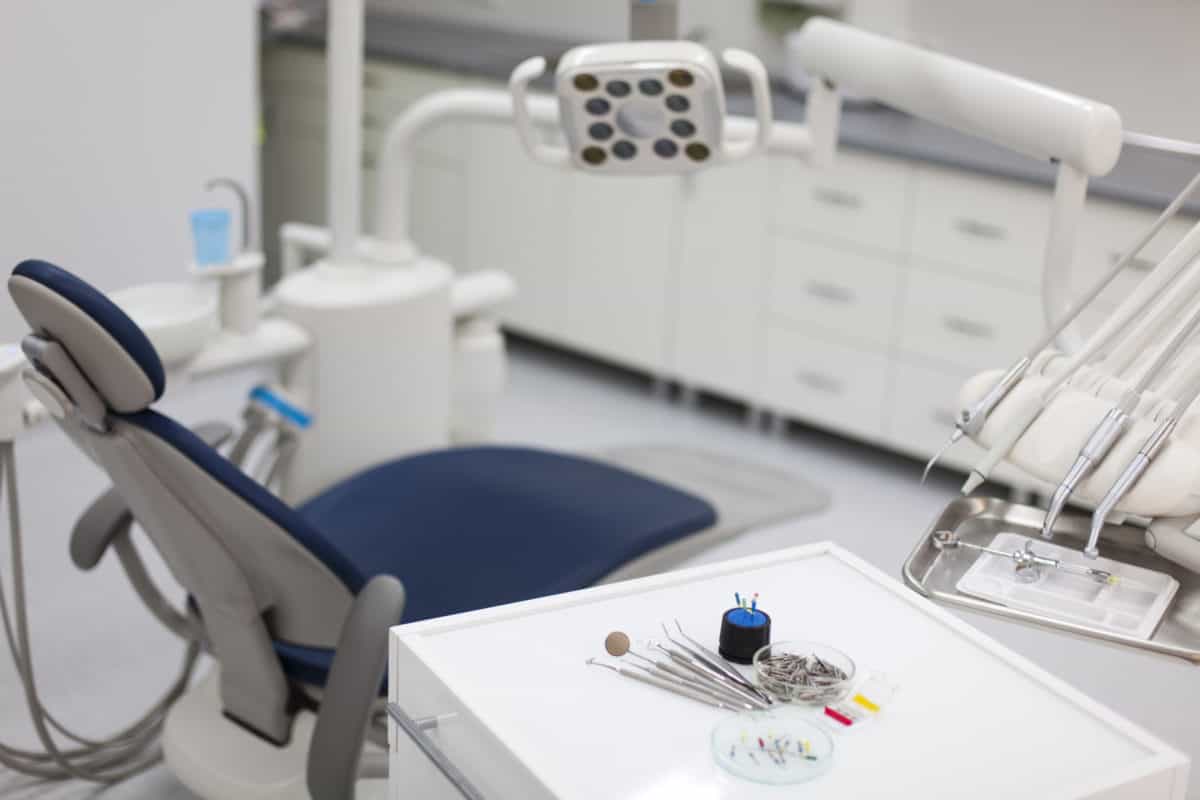TMJ (Temporomandibular Joint Disorder) is a condition that can affect the muscles and the joints of your jaws. A person suffering from this disorder may experience pain in the muscles and joint which controls their jaw. The root cause of this problem is quite challenging to identify. Fortunately, with the help of our orthodontist in NE Calgary, we can help find the right treatment for you.
An Overview of TMJ Disorder
TMJ Syndrome can be caused by an inflammation or an injury inflicted on our temporomandibular joint. Our temporomandibular joint serves as the bridge that connects our skull and jawbone. Once it has been inflamed or injured, you may experience popping, crackling, and clicking of the jaw. You may also notice some discomfort and pain when chewing. In case you suspect that you have this condition, talk to our orthodontic dentist about it.
Possible Causes of TMJ Syndrome
The cause of TMJ is not completely understood by medical experts. Several factors may contribute to the dysfunction and tightness of the muscle, nerves, and joints of our jaw. It is still not clear whether these may lead to TMJ disorder.
Some of the possible causes are:
• Excessive chewing.
• Orthodontic appliances such as braces.
• An inflammatory musculoskeletal problem such as arthritis.
• Anxiety and stress.
• Improper posture.
• Bruxism or teeth grinding.
Risk Factors
Different risk factors may increase the possibility that a TMJ syndrome will develop. In case you have some of these, make sure to visit our orthodontist in NE Calgary regularly. Here are some of them.
• If you have poor posture in your upper back and neck muscles, this will possibly lead to a strain on your neck. This can also cause abnormalities in the function of our jaw muscle.
• Anxiety and stress can increase the tension in your jaw.
• Women ages 18-44 years old have a higher risk.
• Individuals suffering from a chronic type of inflammatory arthritis also have a higher risk.
• Patients who have improper teeth alignment and jaw trauma.
• Those who have a higher response to stress and those who have a genetic susceptibility to pain.
Signs and Symptoms of TMJ Syndrome
The primary sign of having TMJ would be pain and discomfort in your jaw. The affected joint is situated in front of your ear. The pain that you may feel could extend to your neck, ear, forehead, face, and eyes. Here are more symptoms that you may experience once you have TMJ.
• Vertigo and dizziness.
• Dislocating and locking of the jaw. Lockjaw can often happen when you are yawning.
• Pain that radiates in your shoulder.
• Difficulty and discomfort when chewing.
• Swelling or a lump in your temple area that may feel painful.
• Pain at the base area of your tongue.
• Numbness, tingling, and pain on your chin, cheek, jaw, mouth, and face.
• Muscle tremors in your jaw.
• Sore, stiffness, and tightness in your neck and jaw muscles.
• Poor vision.
• Headaches that may progress into a migraine.
• Popping or ringing sounds in your ear also known as tinnitus. There may also be a feeling of fullness in your ear.
• Pain that may resemble a toothache.
• Tenderness and pain in your jaw particularly at the joint area.
Diagnosing TMJ
The dentist that specializes in orthodontic dentistry will tell you about the symptoms related to TMJ. We will also perform analysis and examination of your jaw. During the examination, our dentist may feel and listen to your jaw. We will ask you to open and shut your mouth several times. We will also observe your jaw’s motion. We will be pressing the area that may be affected which will help us identify the area that is experiencing pain and discomfort.
In case we suspect that there are any problems, we may need to perform dental X-rays on the affected area. CT scans may also be necessary to provide our orthodontic dentist with a more detailed image of the affected joint and muscles. If there are issues in the soft tissues or the disk of the joint, then we may also recommend an MRI.
Treatment for TMJ Syndrome
A lot of symptoms related to TMJ can be relieved using at-home medications. Relaxation techniques that aim to reduce your stress and anxiety may also help. You can also apply a cold compress or ice packs on the area affected. Some OTC medicines such as Acetaminophen, Aspirin, Naproxen, and Ibuprofen can manage pain.
Our orthodontist in NE, Calgary may also ask you to temporarily avoid tough foods. We can also refer you to a therapist or a doctor that can advise the proper massage techniques for your jaw. There are also essential oils that have the power to numb the pain and provide momentary relief.

